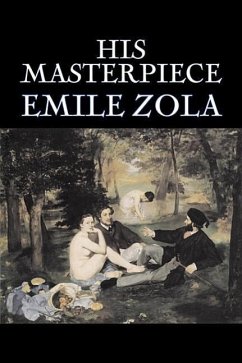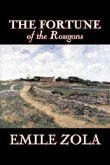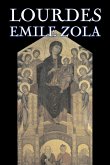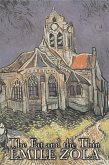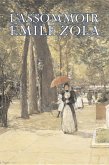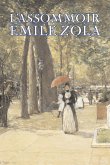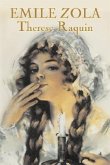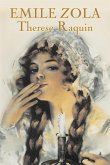Emile Zola's "His Masterpiece" is the author's most autobiographical novel, based in part on his boyhood friendship with the painter Paul Cezanne. The painter of "His Masterpiece," Claude Lantier, has much in common with Cezanne, as well as Manet -- the controversial painter of this period whose "realistic" work in some ways mirrors Zola's writing. Claude's friend Pierre Sandoz, the clerk and writer of the novel, is based closely on Zola himself. Not as fortunate in life as was Manet, Claude Lantier's art is misunderstood, and he struggles emotionally and financially. From his ill-fated romance with his beautiful muse Christine to his battle to make his art understood, Claude's story is always compelling. Of particular interest to readers seeking to learn about French Impressionism, as well as for its realistic depiction of Bohemian Paris in the 1860s and 1870s, "His Masterpiece" is among Zola's most readable, and compelling work.

